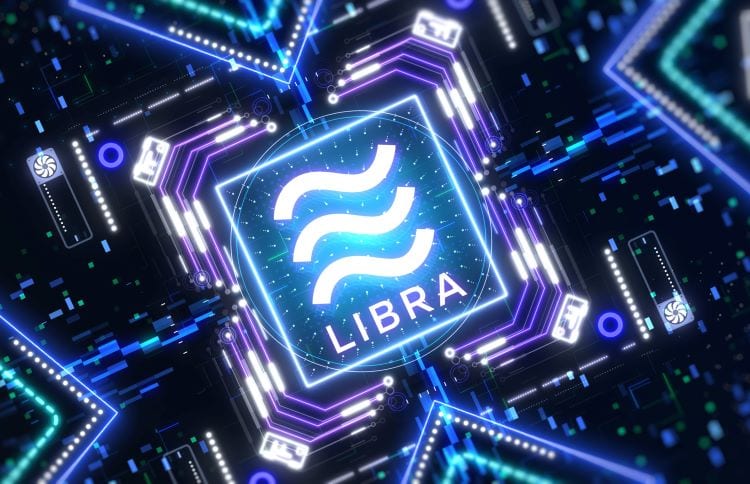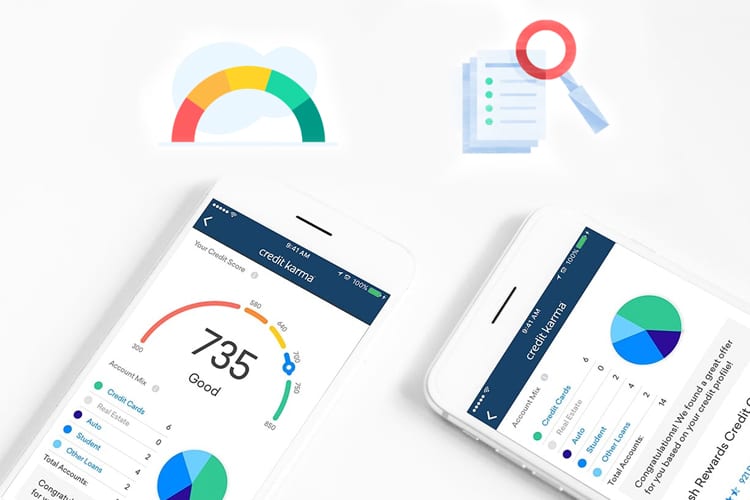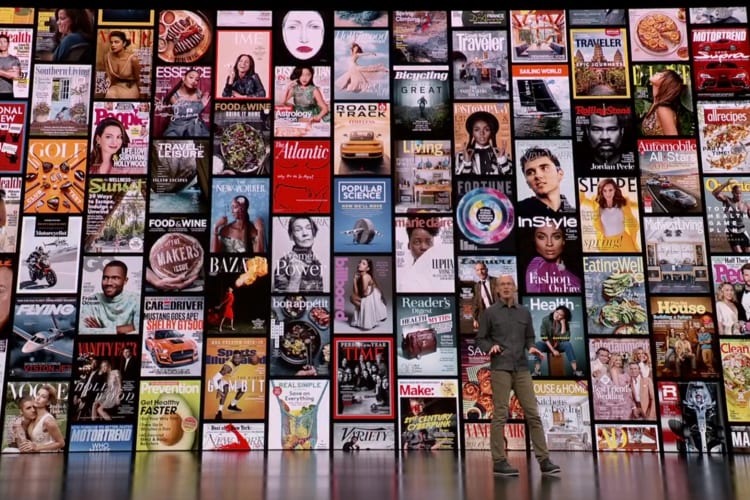Facebook’s Libra: What It Is and Why You Should Know

The social media behemoth Facebook is taking another crack at bringing a payments service to its users. Facebook Messenger’s little-used payments feature, which the company is discontinuing in some countries after four years of meh uptake, is giving way to something much more ambitious: Libra.
What Is Facebook’s Libra Cryptocurrency?
Libra is a cryptocurrency that Facebook unveiled in a white paper in mid-June but has yet to launch. (A cryptocurrency is a digital coin that operates on a novel database technology called blockchain.)
Bitcoin is the original and most famous cryptocurrency, but Libra has little in common with bitcoin, aside from a reliance on cryptography. Bitcoin is not controlled by any country or government; there are no assets backing it; and it operates on a radically “decentralized” model, meaning anyone running the right software can send and receive payments.
Libra, by contrast, is controlled by Facebook—although the plan is to transfer power to a hundred-member council of businesses, nonprofits and academic institutions, of which Facebook (through its subsidiary Calibra) would be just one member. Unlike bitcoin, whose hyper-volatile price is purely driven by the market, Libra will be backed by assets held in the Libra Reserve: a basket of major currencies and government securities.
Finally, given the Libra blockchain’s design, the network is unlikely to be “censorship resistant” like bitcoin. That means the governing council, which will maintain the blockchain much like “miners” do for bitcoin, will almost certainly able to block and reverse transactions at law enforcement’s behest (or their own).
Is Libra (More Than) a Mobile Payments Solution?
So if Libra isn’t Facebook’s bitcoin, what is it? A better analogy is probably WeChat Pay, the hugely popular payment service provided by China’s dominant social networking app. In parts of China’s big cities, cash is reportedly fading into the background as mobile payments take over. Users clearly find the integration of payments and chat – not to mention the myriad other apps and widgets developers have built on top of WeChat – convenient.
WeChat’s example points to perhaps the most compelling reason to use Libra: to make sending and receiving money simpler. Cash and cards are surprisingly tenacious in the U.S., even as and other countries such are opting for mobile payments. Perhaps bundling the country’s most popular social network with a no-hassle digital wallet will change that.
This scenario assumes that merchants will accept Libra. So far, things are looking promising. Facebook’s early partners in the project include big names – Mastercard, Uber, eBay, Spotify, Visa and PayPal are just a few – but impressive-sounding consortia often fail to get ambitious projects off the ground. Especially blockchain projects.
Another selling point for Libra is its potential to ease cross-border payments. The agonizing costs and delays of sending money across borders are sadly familiar to individuals, families and businesses. Multinational Facebook’s new “global currency” (as the white paper puts it) could make that process much less painful.
There’s an important caveat here too, though. The regulators who police these borders and currencies might not welcome the marriage of Facebook, which is testing governments’ patience in multiple countries for multiple reasons, and crypto, which governments tend to distrust at a minimum and sometimes try to ban. Libra is already starting to receive pushback from British, American and international authorities, for example.
Is Libra Legit?
Governments’ wariness is a reminder of a major reason users might want to stay away from Libra: trust. Facebook has repeatedly breached users’ trust, letting the personal data of tens of millions of people feed electioneers’ “psychographic analysis,” in just one example.
Providing Facebook with financial data – on top of the troves of intimate information it already has – assumes that the company will suddenly become responsible and respectful of privacy. At a minimum, Libra transaction data would probably be used to serve targeted ads.
On the other hand, given that Facebook’s Libra code is open source, competing wallet providers will probably emerge. By using such wallets, users may be able to separate their Facebook identities from their Libra accounts.
Finally, it’s important to understand that unlike superficially similar systems like WeChat Pay or Venmo, Libra won’t simply provide rails for moving your familiar, government-backed currency. Libra is itself a form of currency. Its value can fluctuate against the money you get paid in, use to buy gas, and save for rainy days.
The Bottom Line
The Libra Reserve’s basket of currencies provides some reassurance that its value won’t pop or drop by double-digit percentage points in a day, as bitcoin likes to do. But currency markets can be volatile, and treating Facebook’s Libra wallet like a bank account could lead to nasty surprises. Plus, Libra lacks two appealing features of traditional bank accounts: interest payments and deposit insurance in case Libra – like multiple crypto predecessors – proves hackable.
Unlike bitcoin and many of its crypto cousins, Libra is designed to maintain a steady value. Getting in early doesn’t offer huge potential rewards, only risk. It’s possible Libra will be as common as Visa in America and a replacement to Western Union abroad. But until that happens, there’s no harm waiting and watching from the sidelines.
Are you ready to invest? Check out our Guide to Micro-investing to learn more.










